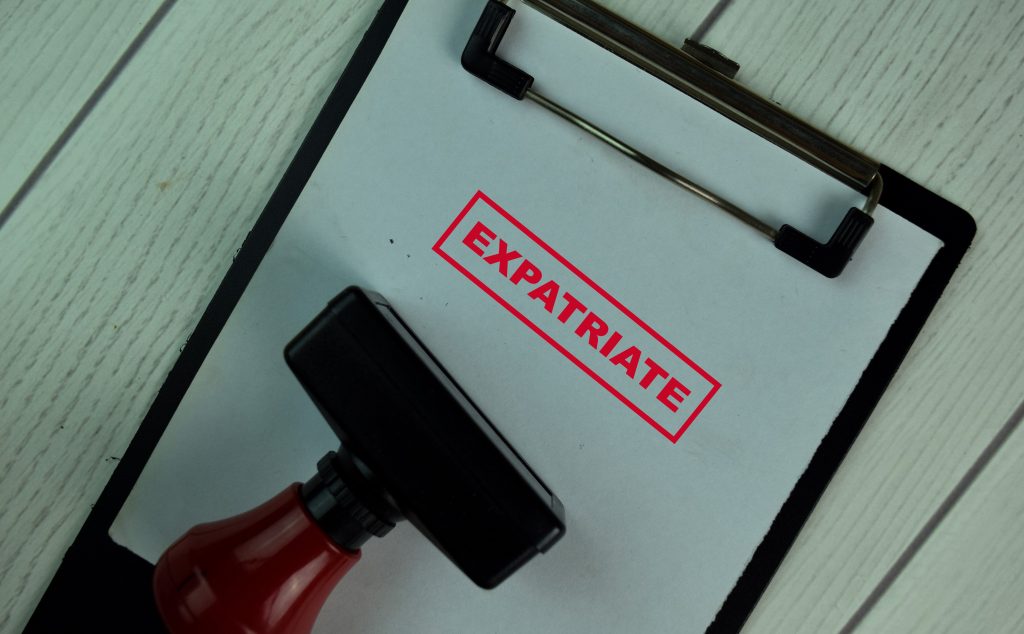
When you are considered a French tax resident, you are required to report all your income to the French tax authorities, regardless of where you earned it. So, if you receive income from abroad, you are obliged to declare this income to the French tax authorities.
If you do so, you may be subject to double taxation. The double taxation mechanism means that French tax residents are taxed twice. Income could therefore be taxed in two countries at the same time. This situation arises when an individual or a company is located in two different countries that have not signed a tax treaty with each other.
In this case, a treaty between the government of the French Republic and the government of the United Arab Emirates (“UAE“) for the avoidance of double taxation was signed on 19 July 1989 and amended by an addendum dated 6 December 1993 (the “France-Emirates Tax Treaty“).

 We will first briefly present the Canadian study system in order to have a better understanding of the different procedures (I).
We will first briefly present the Canadian study system in order to have a better understanding of the different procedures (I).
